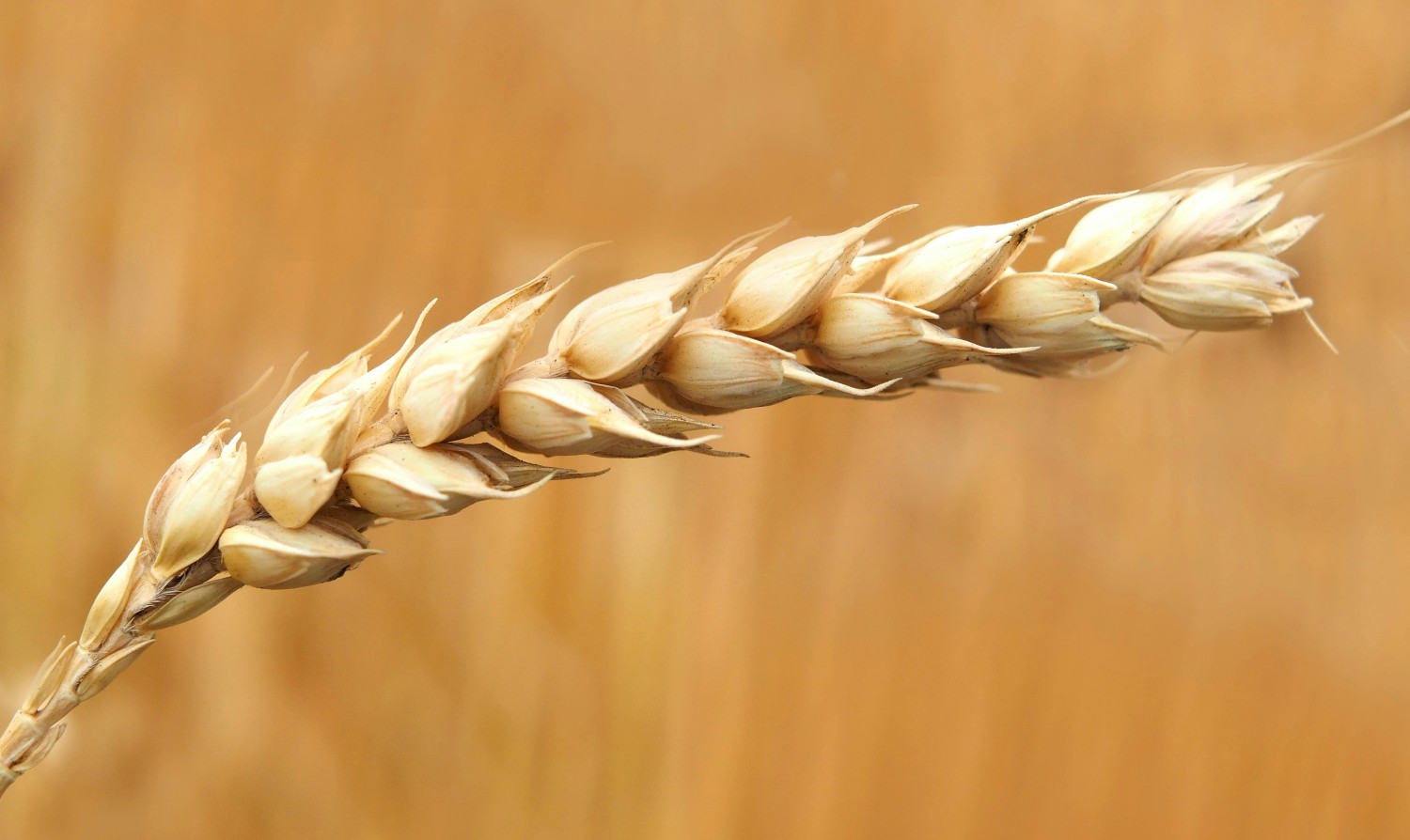The gospel of Mark includes two short parables about the growth of the Kingdom of God to conclude a moment of Jesus’ teaching. Both deal with sowing seed, but with slightly different emphases. The first will be examined below. It is unique to this gospel.
He also said, “The kingdom of God is like someone who spreads seed on the ground. He goes to sleep and gets up, night and day, and the seed sprouts and grows, though he does not know how. By itself the soil produces a crop, first the stalk, then the head, then the full grain in the head. And when the grain is ripe, he sends in the sickle because the harvest has come.” Mark 4.26-29.
From the beginning, Mark identifies the Kingdom of God as part of the gospel of God, 1.14-15. The first part of the book deals especially with the authority and power of Jesus as the Son, cf. 2.10, 28. His activity is preaching and teaching, 1.38; 4.1. He characterizes his reason for coming as the call to sinners to be cured, 2.17. Jesus was confrontational about the nature of the Kingdom, 3.3-5, but he revealed the “secret of the kingdom of God” to those to whom it had been given, not to “those outside” 4.10-12.
So let us hear the parable of the growing seed and understand so we may repent and forgiven, 4.12.
The part of man. Like Jesus’ activity, the part of his people is spreading seed on the ground. The seed represents the gospel. Spreading the seed is teaching the gospel. Although we must not shortchange the process of discipleship, Jesus would have us understand that our part is necessary but limited. The sower “does not know how” the seed sprouts and grows. He goes about his routine of sleep and rising, rest and working. The seed produces “by itself,” that is, without his help. There is that hidden element in man’s part, and it is a great area where God’s Spirit is active and working.
The part of God. The description of the seed’s germination and growth is told from the perspective of what the sower can see, which is very little. Jesus says that “the soil produces a crop.” While in the parable of the sower, the several soils represent types of hearts, here it likely refers to God’s action in the process of growth. So we can agree with the TGC commentary that “The point is that the kingdom of God is ultimately the work of God, who will bring it to pass through his sovereign power.” Since he works secretly and surprisingly, it behooves us to trust in his promised power to produce results.
The certainty of harvest. Man’s part is not finished when he sows. He must also reap “because the harvest has come.” And come it will. From the old church-growth movement, as well as from many a recent effort, it might give the impression that man controls many of the factors of the harvest. We flatter ourselves by such thinking. We do not determine the time nor place. God does his work in his time, in his way.
Conclusion. The apostle Paul would later write, “God causes the growth” 1 Corinthians 3.6-7. Some sow, some water, others play a role, but God makes it happen. Let us be willing participants and submissive workers in the secret but certain growth of the Kingdom.
- The language of doing good - 2026-01-12
- The greatest - 2025-12-07
- Time to go home and keep working - 2025-12-03
